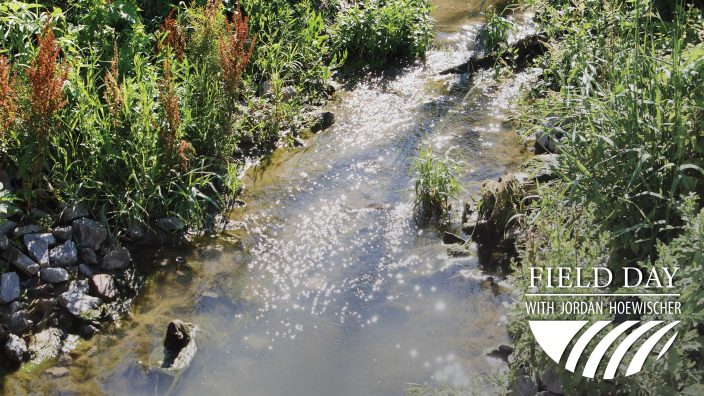Applications for Ohio Farm Bureau Health Plans now available
Members have three ways to apply: contacting a certified agent, calling 833-468-4280 or visiting ohiofarmbureauhealthplans.org.
Read MoreIn the latest edition of Field Day, Ohio Farm Bureau’s Director of Water Quality and Research Jordan Hoewischer talks with Dr. Robyn Wilson, associate professor of risk analysis and decision science at Ohio State University. Wilson’s research includes studying decisions based on patterns of human behavior and involves the science of agricultural decision-making in the Western Lake Erie Basin. Wilson grew up on a farm in northwest Ohio, where the family farm is still in operation.
“Over my career I’ve seen a big shift and just legitimate interest in social science,” Wilson said. “(There is a) legitimate realization that…if we keep running around ignoring that piece of the puzzle then we’re not going to solve a lot of these problems and we’re going to put out policies and solutions that aren’t going to be effective.”
This is the fourth installment of Field Day with Jordan Hoewischer, an ongoing series of conversations with industry experts and leaders who are helping to shape and secure the future of Ohio’s ag industry for generations to come.
Following are some highlights from Episode 4. A transcript of the conversation can be found here.
A: We’re in the middle of our fourth survey right now in the Western Lake Erie Basin. One of the driving questions of that project was whether or not we could offset the impacts of climate change on Lake Erie through changes in farmer behavior. The idea behind that is that what’s going on in Lake Erie is a function of two things. It’s a function of nutrient runoff from agricultural landscapes. It’s also a function of changing weather conditions. So it’s a function of bigger more variable rain events and warmer lake temperatures in the summer. So the logic is that those two pieces are probably equally responsible in some form or another. But if the public doesn’t support policies that are going to support farmers and farmers don’t respond the way that people want them to respond, none of that matters.
A: It’s probably not surprising that even though we’re 90-plus percent in terms of positive awareness, education, concern, willingness for a lot of things, we’re hovering at about 50 percent of farmers who say they could actually do this work. I can’t blame them. We have some improvements to do in the science, where we honestly don’t know the answers to some of the questions yet because these are complex systems. In some cases we do know more, but the messages haven’t been as clear as they need to be and so that’s more of a communication challenge. You could also have all kinds of willing people who want to do a practice but they just quite literally cannot because either it’s cost-prohibitive, they don’t have access to the equipment or the window in which it can be done by commercial applicators is not big enough to be done for everybody.
A: It’s great. It probably makes what I have to say something people are more willing to listen to because they feel like I at least know where they are coming from. I grew up in a farm environment and interact with farmers on a regular basis. I’m not an outsider.


Members have three ways to apply: contacting a certified agent, calling 833-468-4280 or visiting ohiofarmbureauhealthplans.org.
Read More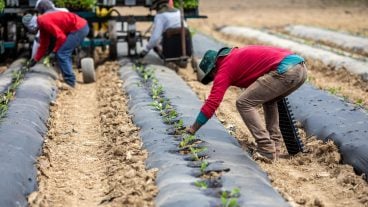
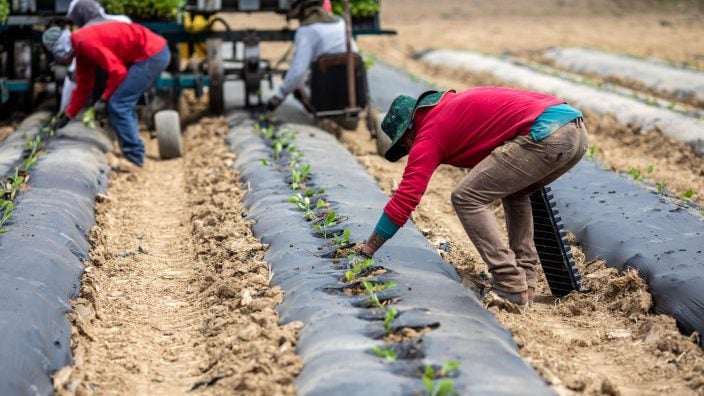
A recent state budget fix and a federal rule reform to H-2A have resulted in some relief for farmers who use the guest worker program.
Read More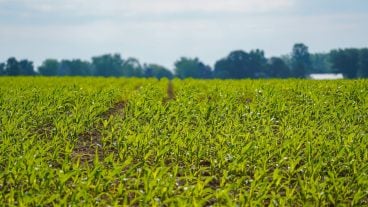
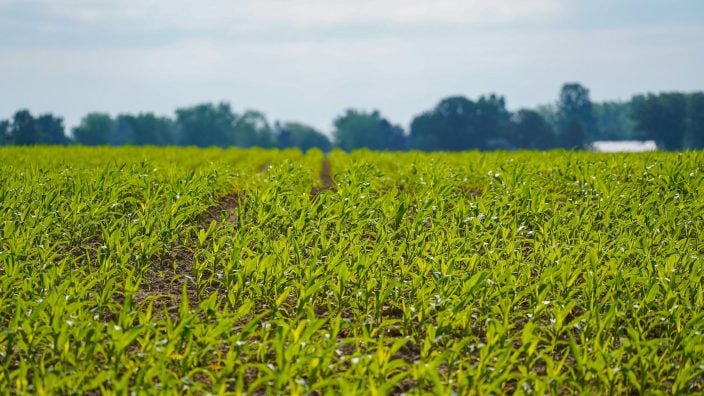
Ohio Farm Bureau advocated for a change in the law to allow family members and employees to handle pesticides while under the supervision of a licensed applicator. The rules around HB 10 are being finalized.
Read More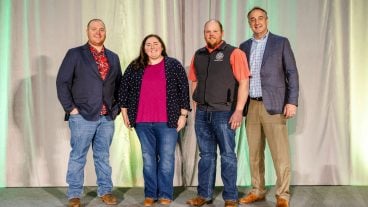
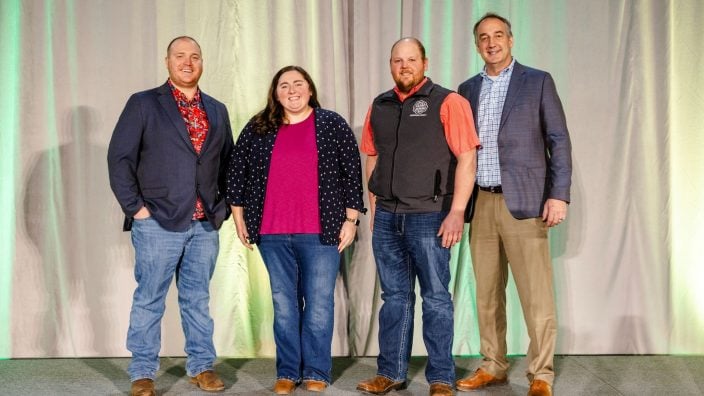
Lincoln Deitrick was named the Outstanding Young Farmer, Denver Davis won the Excellence in Agriculture Award, and Margaret Houts won the Discussion Meet.
Read More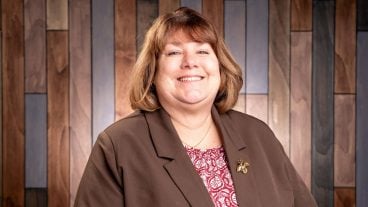
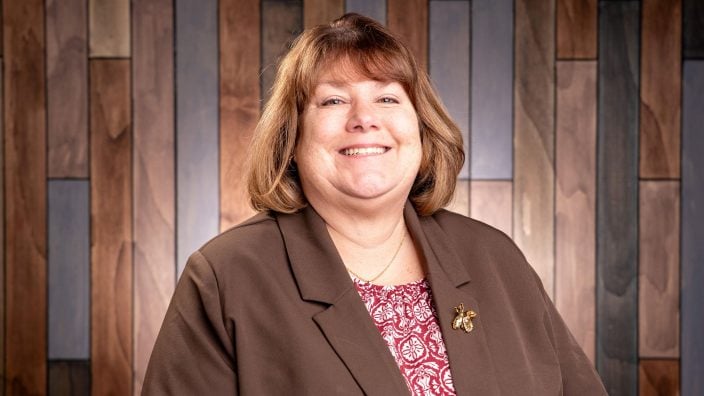
Michelle Downing of Franklin County has been named finance director of county operations for Ohio Farm Bureau.
Read More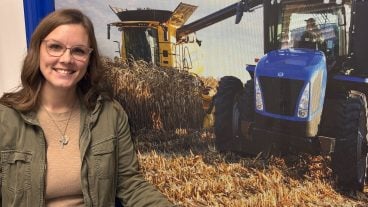
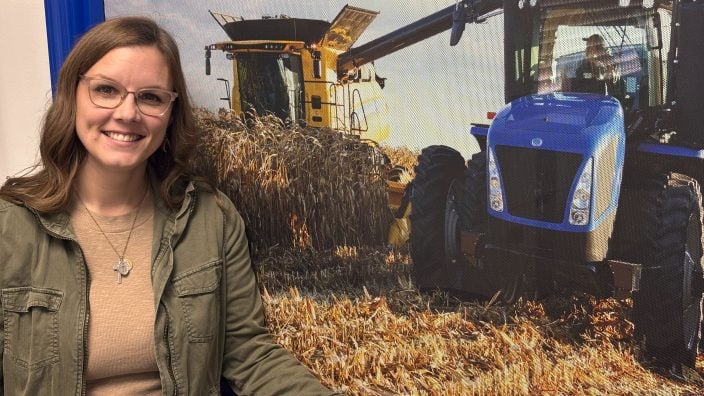
Remember why you joined Farm Bureau and find others that want to join for the same reasons. ~ Alicia Weaver
Read More

Four property tax reform bills were signed into Ohio law at the end of 2025. Ohio Farm Bureau Associate General Counsel Leah Curtis breaks down the bills and what the changes mean for Ohioans.
Read More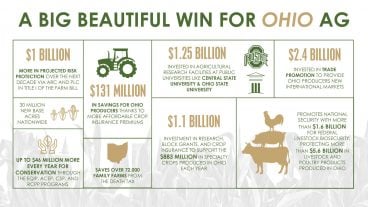
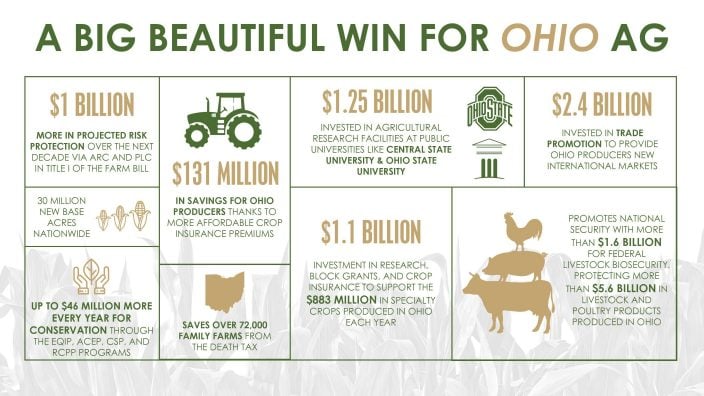
Overall, $65.6 billion from this aid package is projected to increase agriculture-focused spending over the next decade.
Read More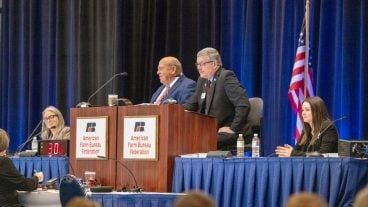
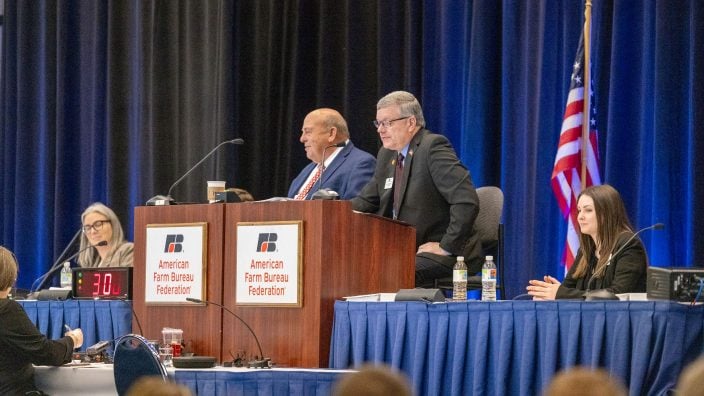
Ohio Farm Bureau brought forth 10 policies to be voted upon by delegates at the American Farm Bureau Annual Convention in Anaheim earlier this week, and all 10 were approved as national policy.
Read More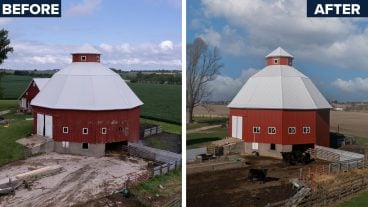
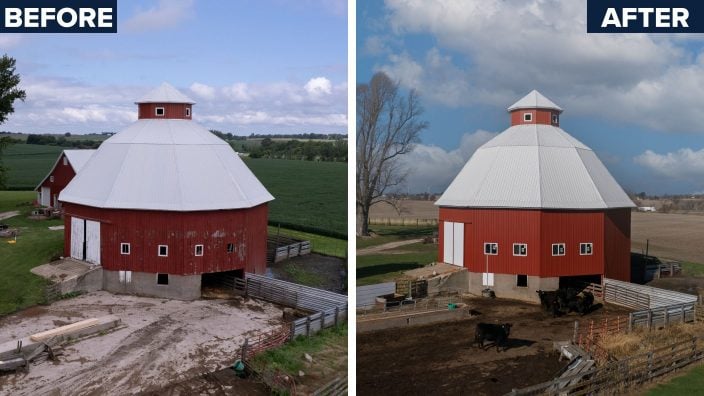
For property owners with aging post-frame buildings, the new year is an ideal time to rethink the future of your pole barn.
Read More